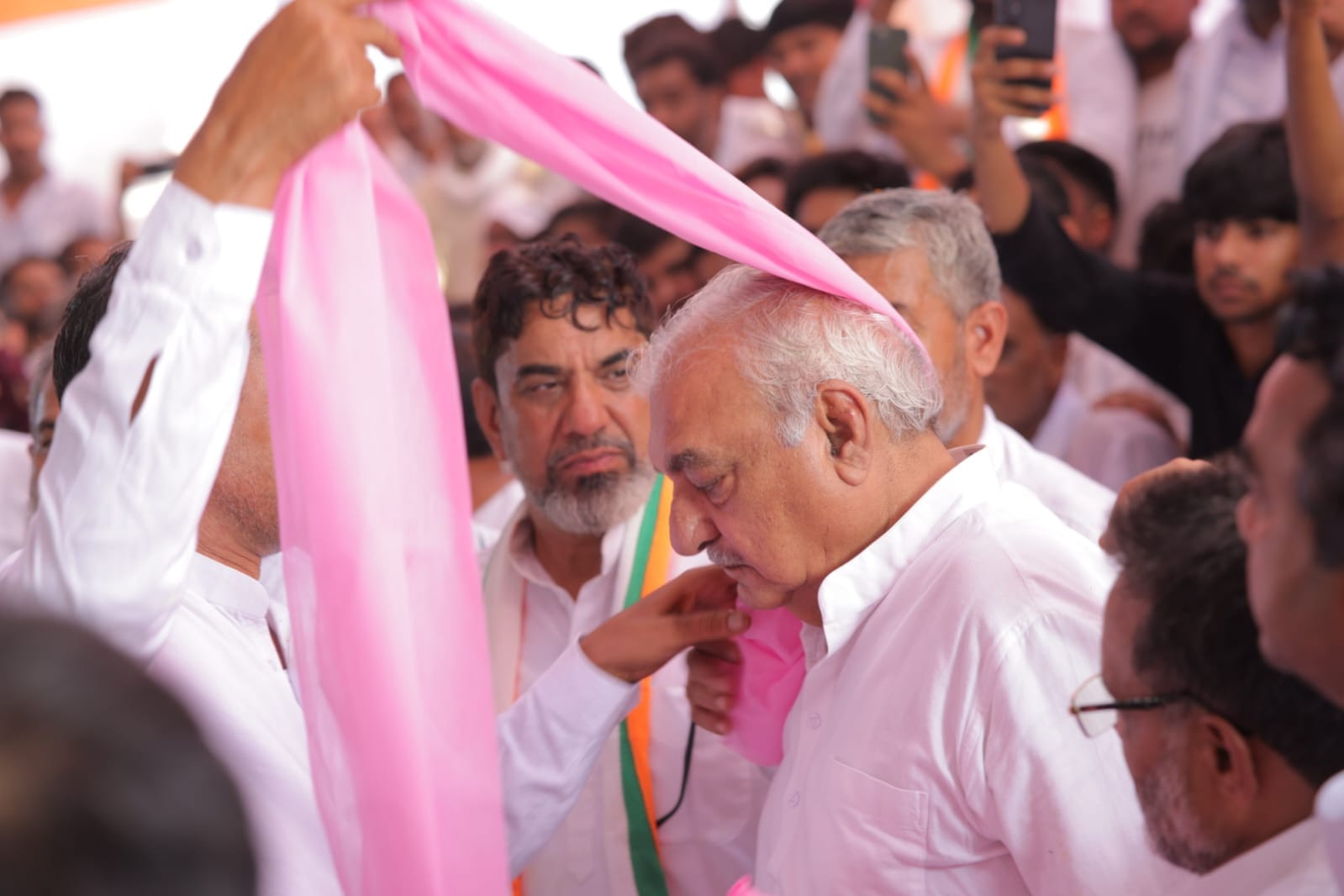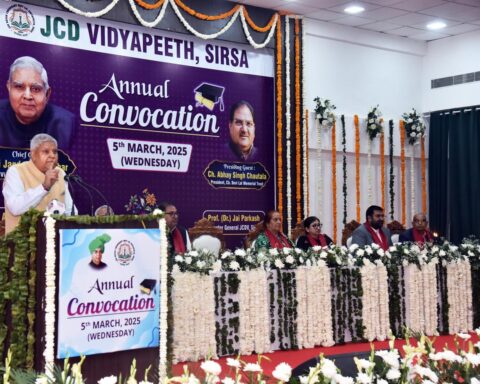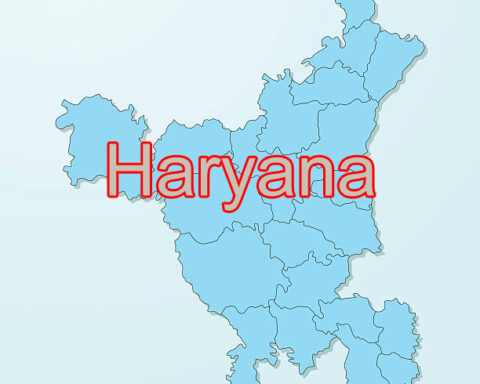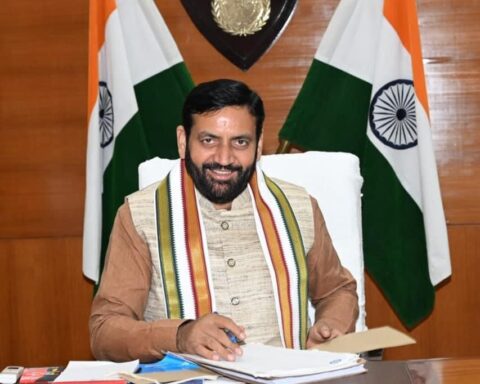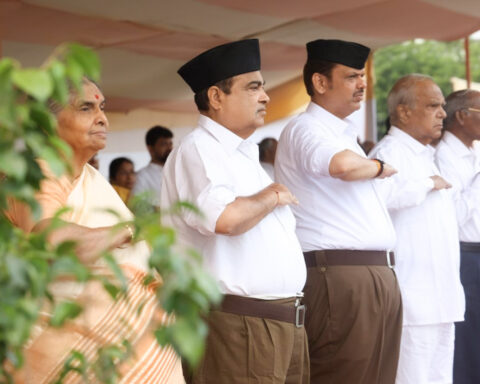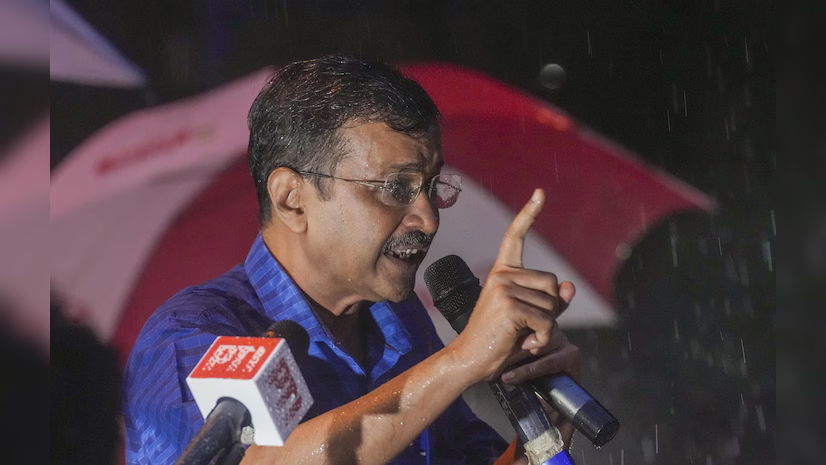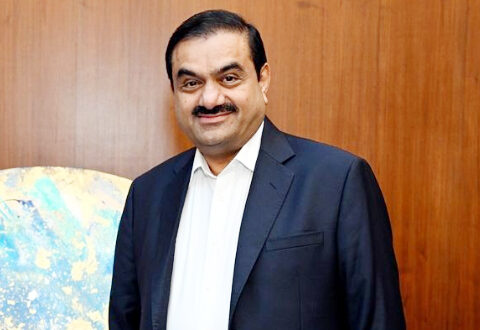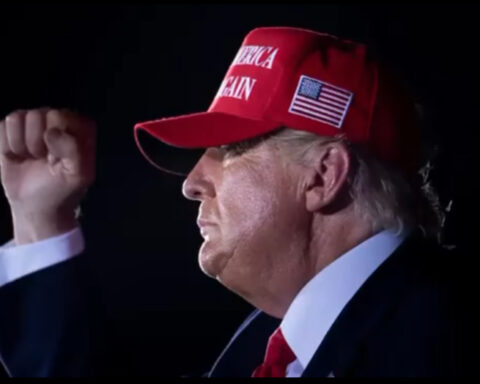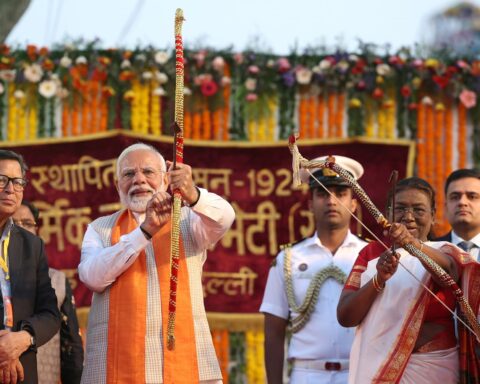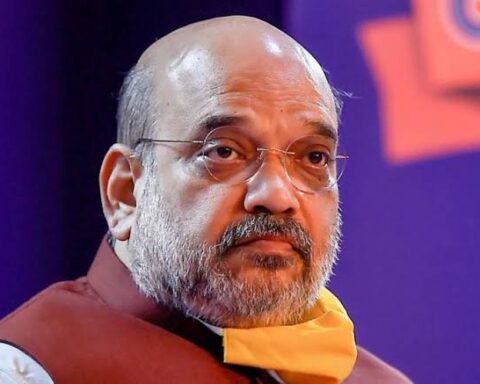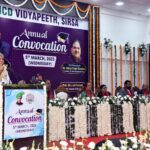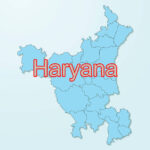Chandigarh/ Anil Kakkar
On February 27, 2005, the results of the Haryana Assembly elections were announced, with the Congress party securing a significant victory by winning 67 of the 90 seats. The Indian National Lok Dal (INLD), led by Om Prakash Chautala, was reduced to just 9 seats. This marked a return to power for Congress after a nine-year hiatus.
With the need to appoint a new Chief Minister, four main contenders emerged: three-time Chief Minister Chaudhary Bhajan Lal, Congress state president Bhupinder Singh Hooda, Randeep Surjewala, who defeated Chautala, and Birender Singh, the MLA from Uchana Kalan. On March 1, 2005, Congress sent three observers—General Secretary Janardan Dwivedi, former Rajasthan CM Ashok Gehlot, and Central Minister P.M. Sayeed—to Haryana to consult with party legislators and MPs. They held one-on-one discussions and later concluded that Congress President Sonia Gandhi would make the final decision.
The following day, on March 2, the report was submitted to Sonia Gandhi, leading to a long meeting on March 3 between her and the observers. On March 4, a meeting of the Congress Legislative Party was held in Delhi’s Parliament Annexe. Out of 67 Congress legislators, 47 attended, while Bhajan Lal’s supporters, numbering 20, did not. After a 90-minute session, Janardan Dwivedi announced Bhupinder Hooda as the Chief Minister at 5:30 PM the following evening.
On March 5, 2005, Bhupinder Hooda was sworn in as Haryana’s 9th Chief Minister. Hooda served two consecutive terms as Chief Minister and was a four-time MP. His father, Ranbir Hooda, was a three-time MP and a minister in the Haryana government, while Bhupinder’s son, Deepender Hooda, is now serving his fourth term in the Lok Sabha, marking the third generation of the Hooda family in politics.
The story of the Hooda family’s political journey began in July 1947, when the British planned India’s independence. Ranbir Singh Hooda, born on November 26, 1914, in Rohtak, was a prominent Congress leader. His father, Chaudhary Matur Ram, was a founding member of the Congress in Rohtak and an early supporter of the Arya Samaj.
After completing his BA from Ramjas College in Delhi in 1937, Ranbir Singh Hooda chose to join the freedom movement rather than pursue a conventional career. He was imprisoned for three years for his involvement in the struggle for independence. Post-independence, he played a significant role in resolving the communal tensions in Mewat, a region with a large Meo community. His efforts, including a visit with Mahatma Gandhi, helped prevent the mass migration of Meos to Pakistan.
Ranbir Singh Hooda was elected to the Lok Sabha in 1952 and again in 1957. He was later elected to the Punjab Assembly in 1962 and contributed significantly to the Bhakra-Nangal Power Project. Despite being a senior leader and a preferred choice for Chief Minister in 1966, he was bypassed in favor of Bhagwat Dayal Sharma, partly due to political maneuvering by Gulzarilal Nanda and Indira Gandhi.
In the 1972 Haryana Assembly elections, Ranbir Singh’s son, Pratap Singh Hooda, contested unsuccessfully. Meanwhile, Bhupinder Hooda, after studying law and joining the Congress, faced political hurdles, including resistance from Bhajan Lal, who attempted to block his path to higher positions.
Despite these challenges, Bhupinder Hooda emerged victorious in 1991 by defeating former Deputy Prime Minister Devi Lal, earning him the title of “Giant Killer.” He faced further opposition from Bhajan Lal but managed to consolidate his position. Hooda’s tenure saw significant political shifts, including his son’s successful entry into politics and eventual roles in the Congress party. The Hooda family’s enduring political legacy continues to influence Haryana’s political landscape today.
